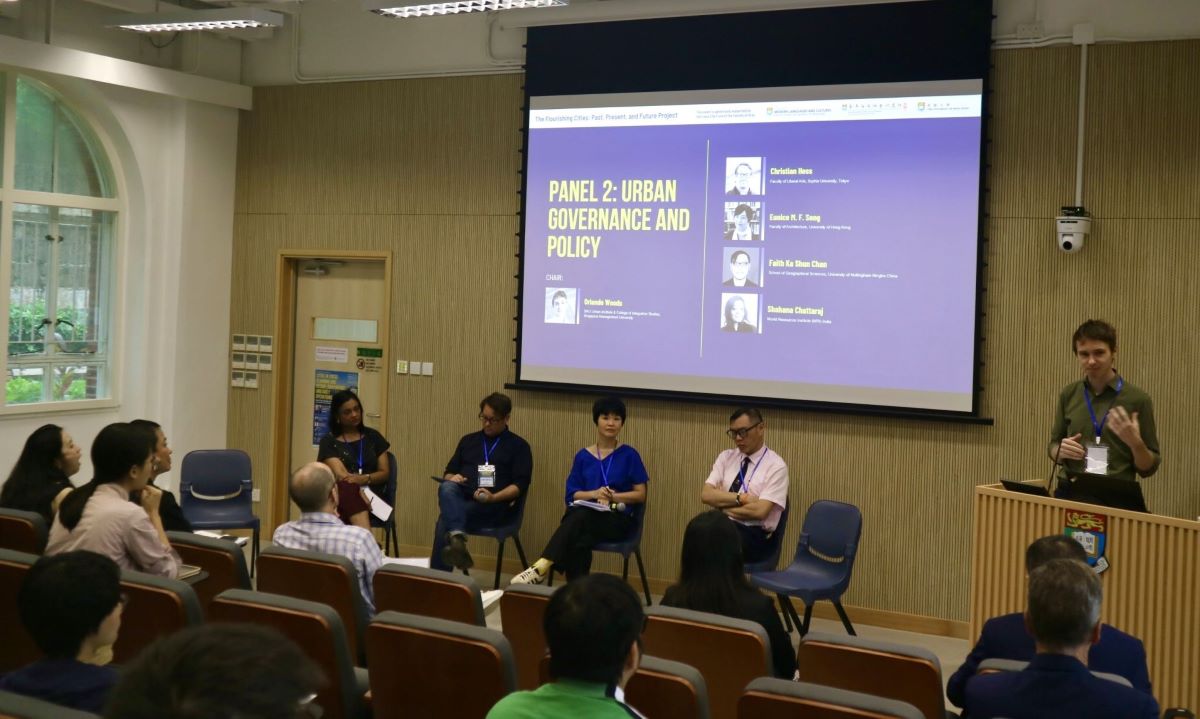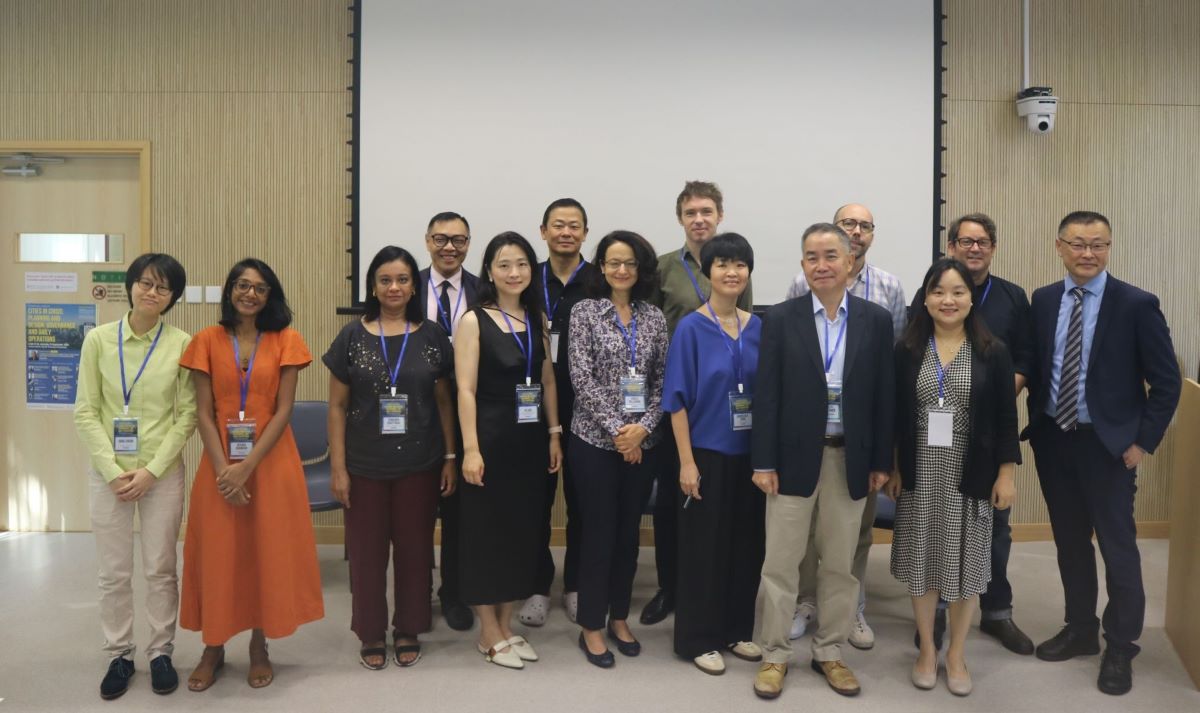Prof. Orlando Woods Presents at International Symposium on Urban Crisis Management

Prof. Orlando Woods, Director of Urban Institute, recently delivered a compelling presentation at the Cities in Crisis: Planning and Design, Governance, and Daily Operations international symposium. Hosted by the University of Hong Kong's Institute for the Humanities and Social Sciences, the event brought together urban and planning historians, as well as scholars from across Asia and beyond, to discuss how cities navigate crises such as public health emergencies, natural disasters, economic uncertainties, and social conflicts.
Prof. Woods presented a paper titled "The Dengue Crisis and the Forging of Ecological Citizenship in Singapore," which examines Singapore’s innovative approach to controlling the breeding of Aedes mosquitoes, the vectors for dengue, Zika, and chikungunya. The paper highlights the critical role of citizen engagement in public health crises and discusses a shift toward a new model of ecological citizenship, where citizens take active responsibility for environmental management. This shift represents a more participatory form of governance, which has become central to Singapore’s strategy for addressing public health emergencies.

In addition to his presentation, Prof. Woods also moderated the "Urban Governance and Policy" panel. The session featured diverse experts in urban governance, including Christian Hess from Sophia University, Eunice Seng from the University of Hong Kong, Faith Chan from The University of Nottingham Ningbo China, and Shahana Chattaraj from the World Resources Institute.
The symposium provided a dynamic platform for scholars to discuss the successes and failures of urban crisis management. With a focus on urban governance, design, and daily operations, the event underscored the importance of cross-sectoral collaboration in addressing, managing, and recovering from urban crises. By sharing knowledge and strategies for resilience and sustainability, the symposium contributed to ongoing efforts to build more adaptable and robust cities in the face of crisis.
